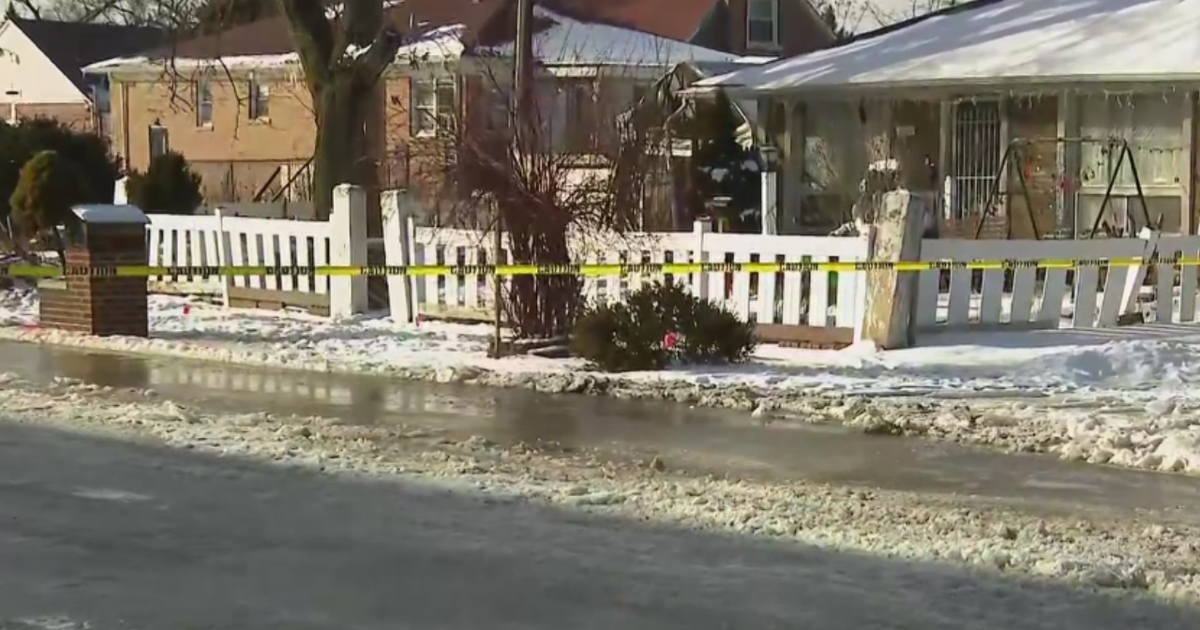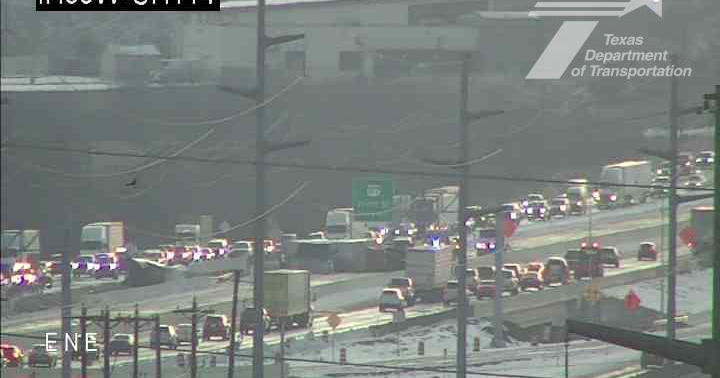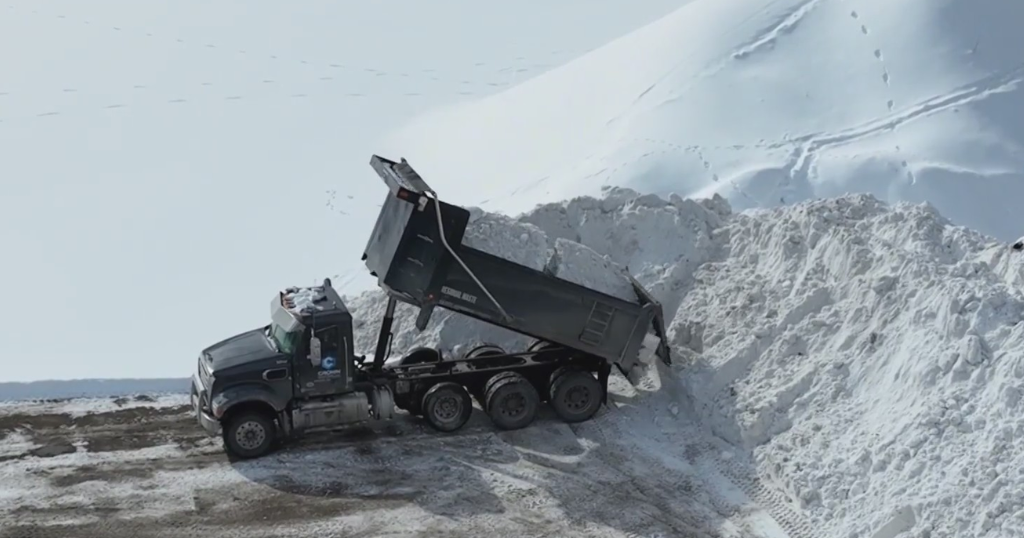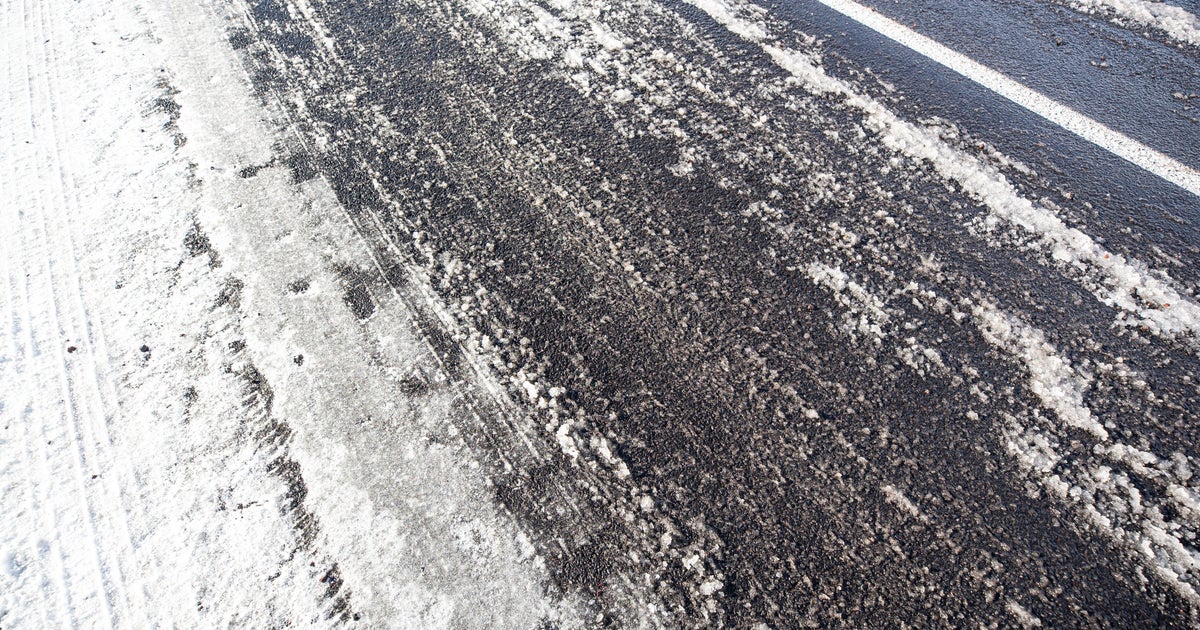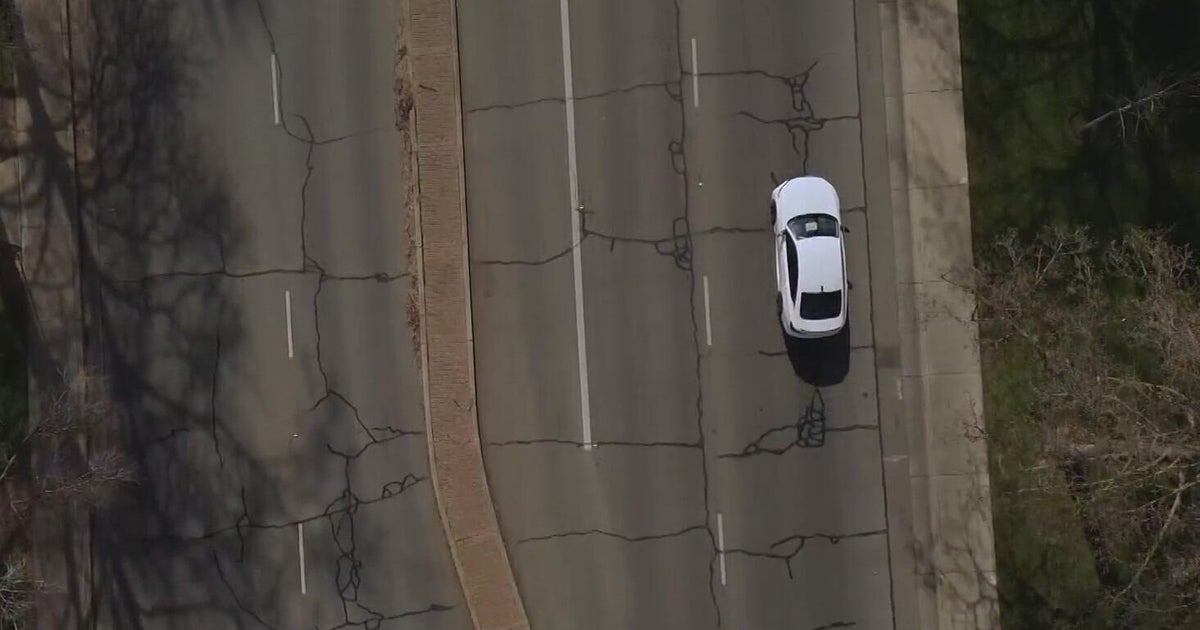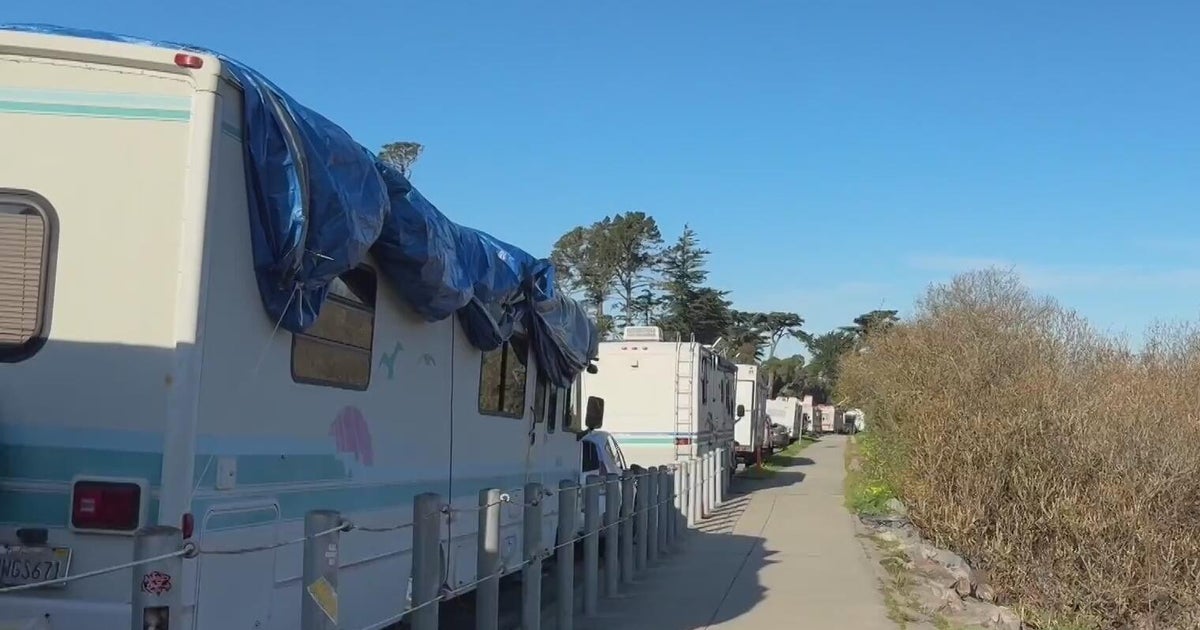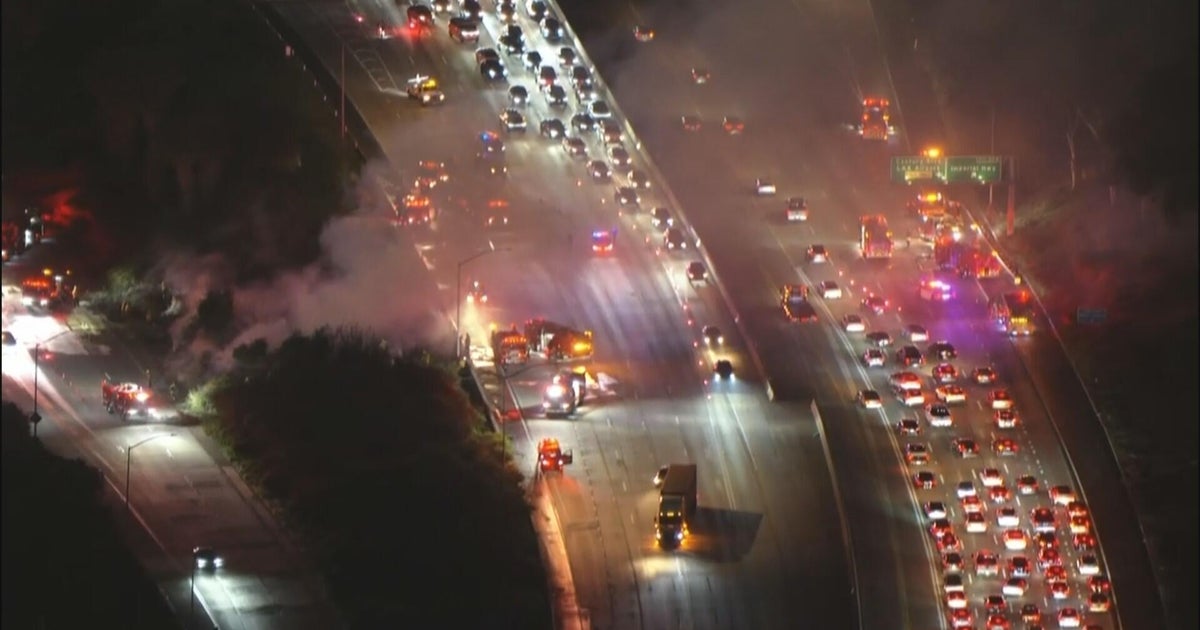Chicago River cleanup focuses on sewer overflow, climate change, and new Clean Water Act standards
Making the Chicago River a healthy, biodiverse and climate resilient lifeline through the city will now be supercharged by a freshly updated Clean Water Act permit and the efforts of nonprofits and government workers.
The Chicago River was once so polluted by sewage and industrial waste that it was commonly referred to as an open-air sewer. But the river also is and always has been a focal point for the city of Chicago, and many have spent decades cleaning it, protecting it, and fighting for its future.
The Chicago River has a storied history first as a transportation route, then in a crucial role for the development of Chicago as a city and its industry. But most of the river's history and reputation is nasty, even notorious.
"People have told me it used to smell like really smell, and that there was chemical scents coming off that could peel the paint off a building," said Margaret Frisbie, executive director of Friends of the Chicago River.
Not too long ago, spending time on or around the river was considered a no-no.
"It just was fenced off and polluted and treated like a back alleyway," Frisbie said. "Our vision for the Chicago River is that it's healthy biodiverse and climate resilient, and that it's being used by everybody who wants to. And it's a welcoming place for all."
Since 1979, Friends of the Chicago River has been a leader not only in cleaning the water, but restoring the entire ecosystem of the Chicago River for people and wildlife alike.
"One of the most important things about the health of a river is preventing sewage from reaching it," she said.
Sewage does still reach the river sometimes, during major storms through combined system overflows, or CSOs, at which point stormwater and wastewater are both carried in the same pipe.
Until the spring of 2024, the city had been operating off a Clean Water Act-related permit with regulations that were about 20 years old. But recently the city was able to update its permit, which mandates new requirements, including increasing the monitoring of CSO outfall points and a notification system so it's clear to residents when sewage is being released into the river, like how it's made clear with flags when Lake Michigan isn't safe for swimmers.
"it's pretty clear that the Clean Water act has played an absolutely critical role in why we've had decades of progress," said Jared Policicchio, deputy chief sustainability officer for the Chicago Department of the Environment. "We are seeing significant changes at the federal level, moving away from a focus on environmental justice, moving away from a focus on combating climate change."
As climate change triggers more extreme weather, that means more flooding and changing water levels. The city's Water Department and the Metropolitan Water Reclamation District have worked hard on engineering and infrastructure to mitigate flooding and sewer overflows.
Many places in Chicago area low-lying areas that are prone to flooding, not just because of modern construction but going all the way back to their natural state, Policicchio said.
"It's always something that we're going to have to manage," he said.
Government, community and environmental groups continue to manage those changes as organizations like Current, a nonprofit water innovation hub, focuses on solutions in a time of climate change.
Current's H2Now program uses equipment like probes to test parts of the Chicago River no one else is, providing real-time data in season.
"We've looked at the Chicago River as one of our sort of living test beds. It's like a living lab for us," said Alaina Harness, CEO of current. "It means we're continuously understanding how the river's changing. It's like a weather app for the river."
They say the data will not only play a role in understanding the waterway, but protecting it.
In 2011, the Environmental Protection Agency told the city to shape up and set tougher clean water standards. Fourteen years later, Frisbie said she's hopeful that will happen soon.
